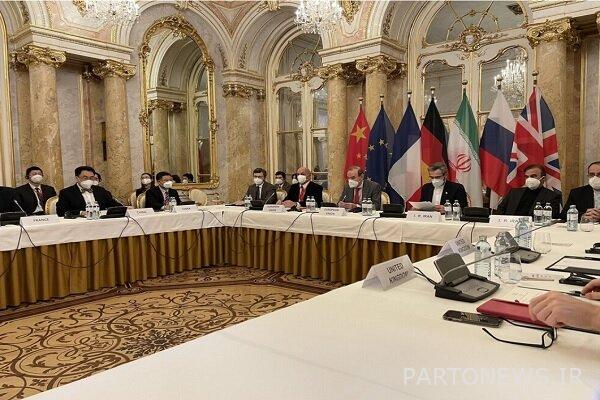US officials: we need a different agreement from Borjam – Mehr News Agency | Iran and world’s news

According to the Mehr news agency, the Wall Street Journal quoted several informed officials as claiming that the provisions of any new agreement with Iran would probably allow Tehran to use the nuclear evasion time, which refers to the opportunity to accumulate fuel needed to build a bomb. Reduce to less than one year as stipulated in the initial agreement of Borjam.
“Biden’s government has estimated that even if Borjam is revived, Iran will need less than a year to obtain the fuel needed to build a nuclear bomb, while Borjam’s primary goal is to bring this time to fruition,” the paper said. It was at least a year.
The Wall Street Journal also claimed that US officials were calling for a different deal from the IAEA Board, and quoted them as saying: “A revised agreement should be reached soon to give the United States and its allies enough time to respond promptly to Iran’s nuclear progress.”
However, the Wall Street Journal added that the timing of the nuclear evasion would depend on the precise steps that Iran agrees to take to dismantle (transfer), move abroad, destroy or seal its enriched uranium reserves, as well as Take nuclear fuel machines and centrifuges.
The Wall Street Journal reports that US State Department spokesman Ned Price expressed concern in his latest comments about the shortening of Iran’s nuclear escape period.
He claimed that at the time of Borjam’s implementation, the nuclear evasion time was one year, meaning that it took a year for Iran to collect the necessary fissile material for a nuclear weapon. But as one of my colleagues said a few days ago, the escape time has been significantly reduced, and this is precisely because of Trump’s decision to leave Burjam.
Price added: “At the moment, we find ourselves in a set of unfavorable conditions, that the window that opened in the Vienna talks is very, very close to closing, because when Iran reaches a point where its nuclear progress has the benefits of a non-proliferation In the interests of the national security of the United States and its global partners, the pursuit of a reciprocal return to Burjami’s requirements no longer makes sense, and we must follow a different path.

